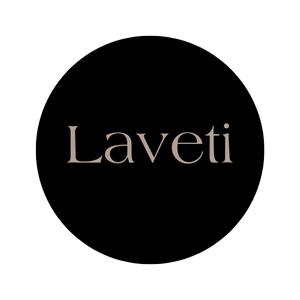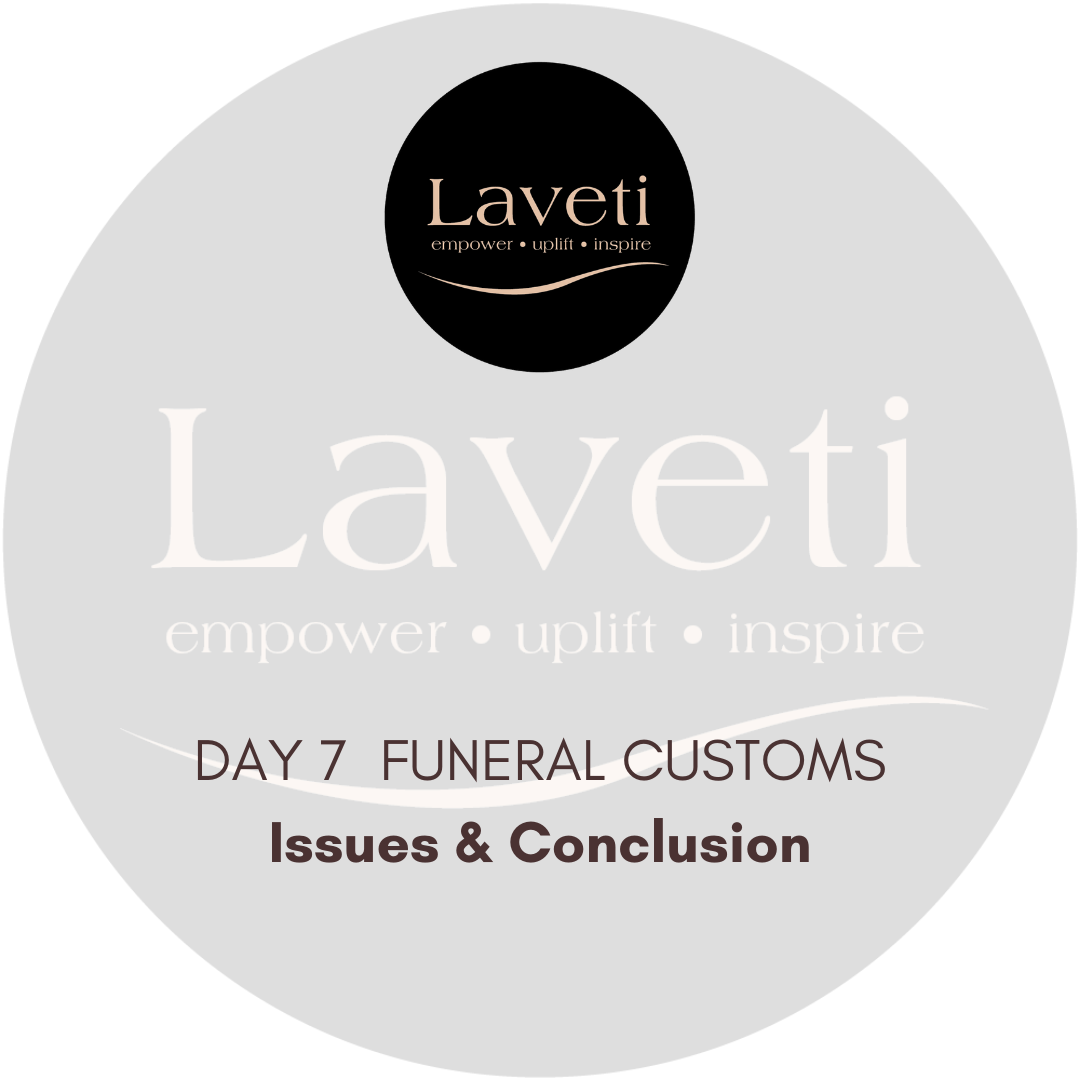Issues & Conclusion
Adapted from TTFB Somate
IMPACTS OF THE VARIOUS DIMENSIONS OF THE SOMATE ON ITAUKEI WELL-BEING
A Fijian funeral or somate in Fiji today comes with huge financial cost. Some of the dimensions have begun impacting well-being. A few key issues in modern Fijian funerals are summarized as follows:
- Financial burden and forces people into debt
- Hypocritical – these relatives didn’t visit when deceased was alive and desperately sick
- Relatives have high expectations from relatives overseas to send money
- Relatives in the village too lazy to plant dalo, yaqona and breed cattle and pigs – (creates financial burden for urban wage and salary earners)
- Religious minister should visit sick people and bereaved families
- Focus on the dead rather than the living
- Laborious for women
- Muricala – dominant women are changing the culture of husband’s clan/tribe
The somate has become burdensome to the iTaukei who currently make up 60% of the poor in Fiji’s population. For example, a recent series of workshops the iTaukei Affairs Board conducted in Ra Province identified somate as one of more than 80 issues of economic and social concern to the people of Ra.36 Somate, they say, has become a financial burden, often forcing people into debt because they have to borrow from a bank or use the FNPF facility provided they meet the criteria. Some respondents criticised the way tuvaulu is now practised in some areas, claiming that the tuvaulu has become competitive as each somate tries to out-do the other in the quantity of items presented. Some, while they respect the origin of the practice, also question its relevance in the present. This view was voiced by those who bear much of the cost of a somate, even to the extent of being forced to borrow money.
Some families whose deceased had hardly been visited by relatives when alive honoured the wish of their loved ones not to have a reguregu because it would be too burdensome for the carers. They wondered where their relatives were in their time of need but more importantly, they pondered on the need for the sick to be visited and acknowledged with love and care.
Overseas respondents feel that relatives in Fiji have high expections of them. This places a burden on them, although in their new domicile they themselves observe somate economically.
Adults are critical of young men for being too lazy to plant and raise pigs and cattle, while women are critical of men for being too lazy to do the same. These food contributions are considered essential customary items in a reguregu.
Without them, people are either forced to borrow when there is no ready cash available or go without because of unaffordability.
More than one family whose deceased were visited by neither the Church minister nor the members of their religious community during their lengthy bed-ridden state refused to accord the deceased a funeral service in the church. They lamented the failure of the church to reciprocate for the years of faithful tithing. Instead, they opted for an alternative service at the graveside.
A common lament was that the focus on the living places too much burden on the bereaved family. Somate focuses on the dead rather than the living. In Lau, where the islands are scattered and transport is irregular and expensive, the Sau kei Mualevu said:
Those in Suva when they die should be buried there or otherwise, when they know they are dying, come close to the village. Recently, they spent $21,000 for the cost of hiring a boat to transport the body here. This is stupid! The money could have been better used elsewhere for the living. When I die, I want to be buried on the same day with only one mat. I don’t want them to grieve over me
Somate is laborious for women. Dominant women, especially those from other clans and/or areas married into certain families, are also blamed for the changes because they are alleged to have influenced the decisions of the men.
RECIPROCITY, A TRADITIONAL ITAUKEI VALUE, APPEARS TO BE ON THE WANE.
Most respondents comment on the shifting values among the iTaukei, from being considerate of others (veinanumi) to focusing on the self (kocokoco) and becoming proud (dokadoka). Respondents often used descriptive words like greedy, conniving and lazy in explaining how the iTaukei of the present have changed markedly from the behaviour of their forebears; this change, they commented, was particularly reflected in the contemporary culture of somate.
Some instances reflective of non-reciprocity that respondents describe illustrate the claim:
- Before, people presented their reguregu with one or more tabua; the gift was reciprocated with the same number of tabua. This is happening less and less. Instead, in most cases, their ilakolako was reciprocated with a bundle of waka. For the complainants, this was disrespectful (sega ni veidokai), born out of greed (kocokoco). As a result, because the tabua is highly treasured and expensive, givers have resorted to using yaqona as a presentation item rather than
- Hosts who receive many gifts and do not acknowledge contributors for items that cost a lot of money, like a coffin and/or magiti (cattle, pig), as was done in the past, are viewed with suspicion. The consequence may be a smaller
CONCLUSION
To handle the relentless processes and effects of social and economic change, it is essential for communities to look honestly and openly at existing ways and at the changes that are occurring. Change over time is inevitable, but people need to be much more active and proactive in shaping the modifications they wish to see; to sit back as silent sufferers of unwanted changes, whether losses of the desirable old or unwitting introduction of the unattractive new, is counter-productive.
For such reasons, honest discussions on the extravagance and burdensome implications of currently evolving somate observances need to be done at family and vanua level. This should include explanations of: the origin and purpose of the practices listed here; of their relevance to the present; and of how some best practices can be adopted so as to maintain good relationships and strengthen weak ones. It is of prime importance that such campaigns should encourage engagement, listening and negotiation from the entire community.
Source: Simione Sevudredre







